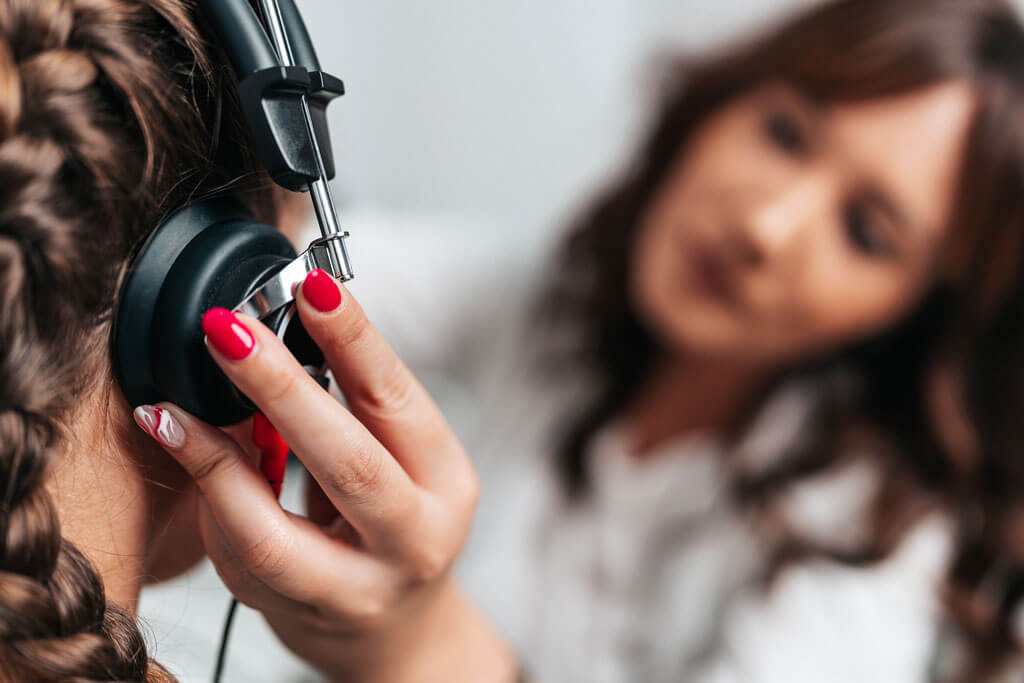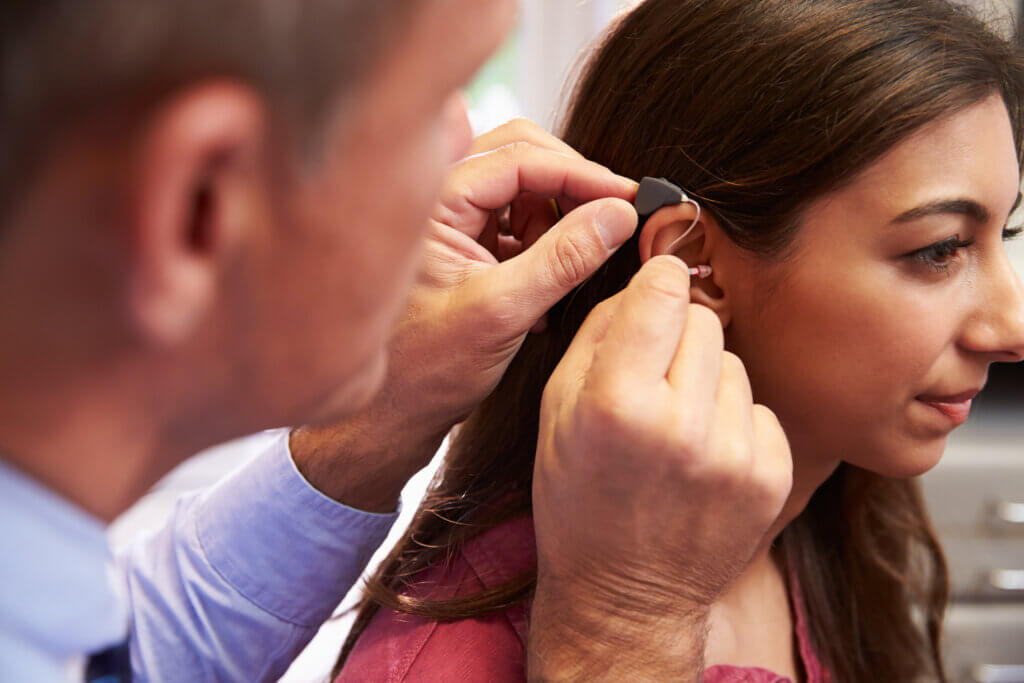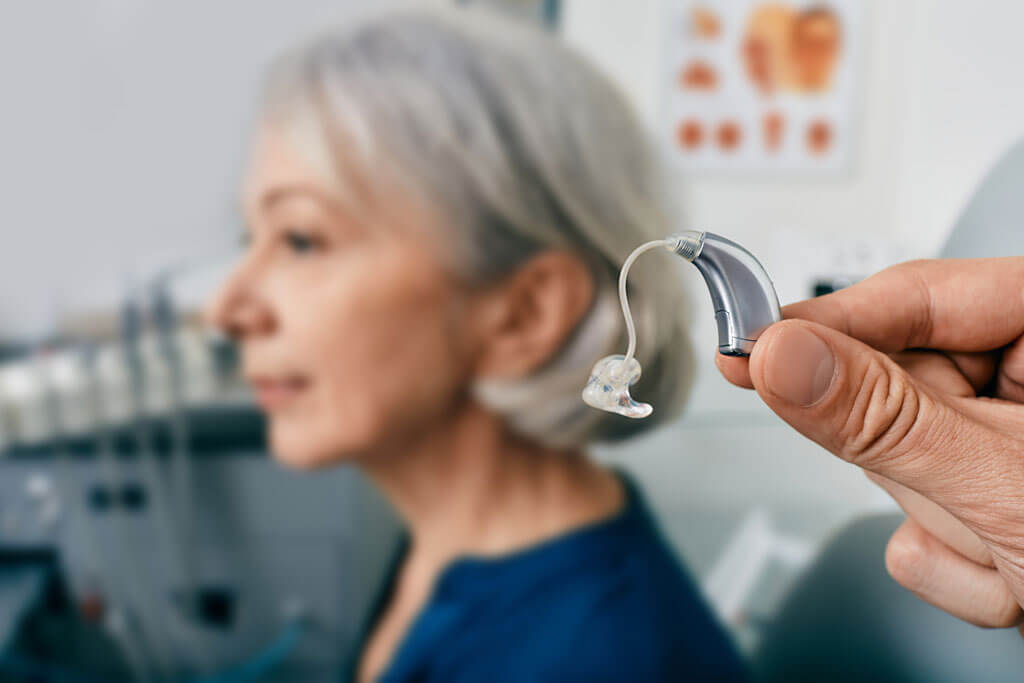Misophonia is described as a sound sensitivity syndrome. It is not a sensitivity to the volume of sound but rather, it is a condition in which certain sounds trigger an emotional and physiological reaction, such as an outburst of irritation and aggression. In other words, people with misophonia react in an extreme and often emotional way to certain trigger sounds. For example, an individual with misophonia can become verbally aggressive to the person making the noise.
Treatments for Misophonia are as follows:
- Add sounds to your environment: We find that the misophonic trigger response is more intense when the trigger sound is the only noise and thus, adding sounds to your environment will in fact reduce the trigger sound and reduce the overall severity of the trigger response.
- Regular exercise, good sleep, a balanced diet, and so forth, will improve misophonia. The take home message is to take good care of yourself. You will improve your health and reduce your misophonia. It is a double benefit.
- Practice Daily Muscle Relaxation.
- Tell yourself that there is no threat, that it’s okay. Keep a positive attitude.
- Cognitive behavioral therapy (CBT) focuses on a person’s thoughts, feelings, and behaviors to identify unhealthy patterns. The patient and therapist develop appropriate healthy patterns of thoughts, feelings and behaviors to replace the unhealthy patterns. CBT can help reduce the emotional upheaval that comes with misophonia,
- Antidepressant medications. I am not suggesting this is for everyone, but if you have a problem with depression or anxiety that is unrelated to misophonia, appropriate medication for that condition could also reduce your misophonia symptoms because it could improve your overall health and well-being.
If you or a loved one believe you have Misophonia, the first plan of action would be a hearing test. Please contact us at Hearing Institute of Ontario where we want to help you with all your hearing needs.










